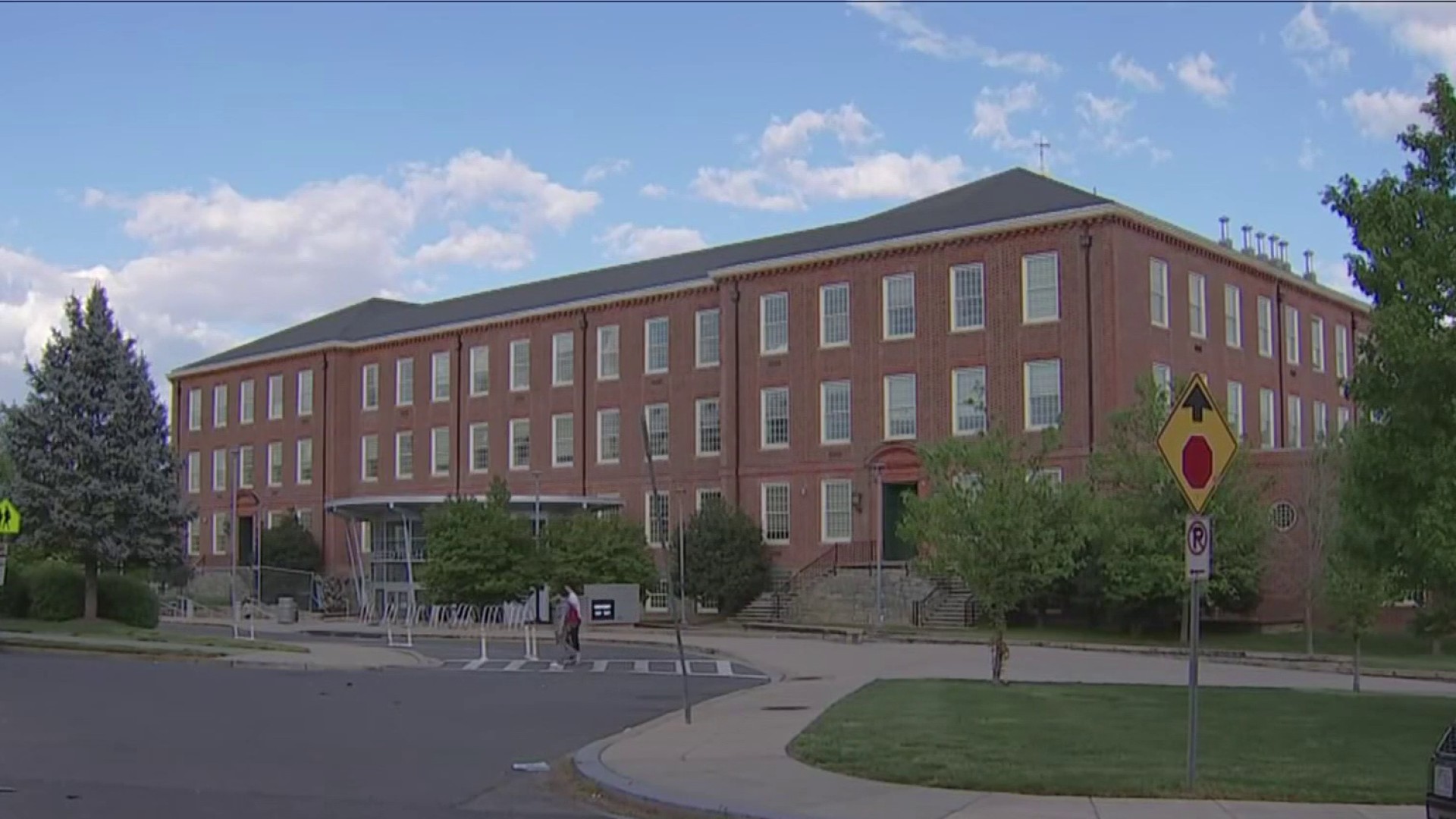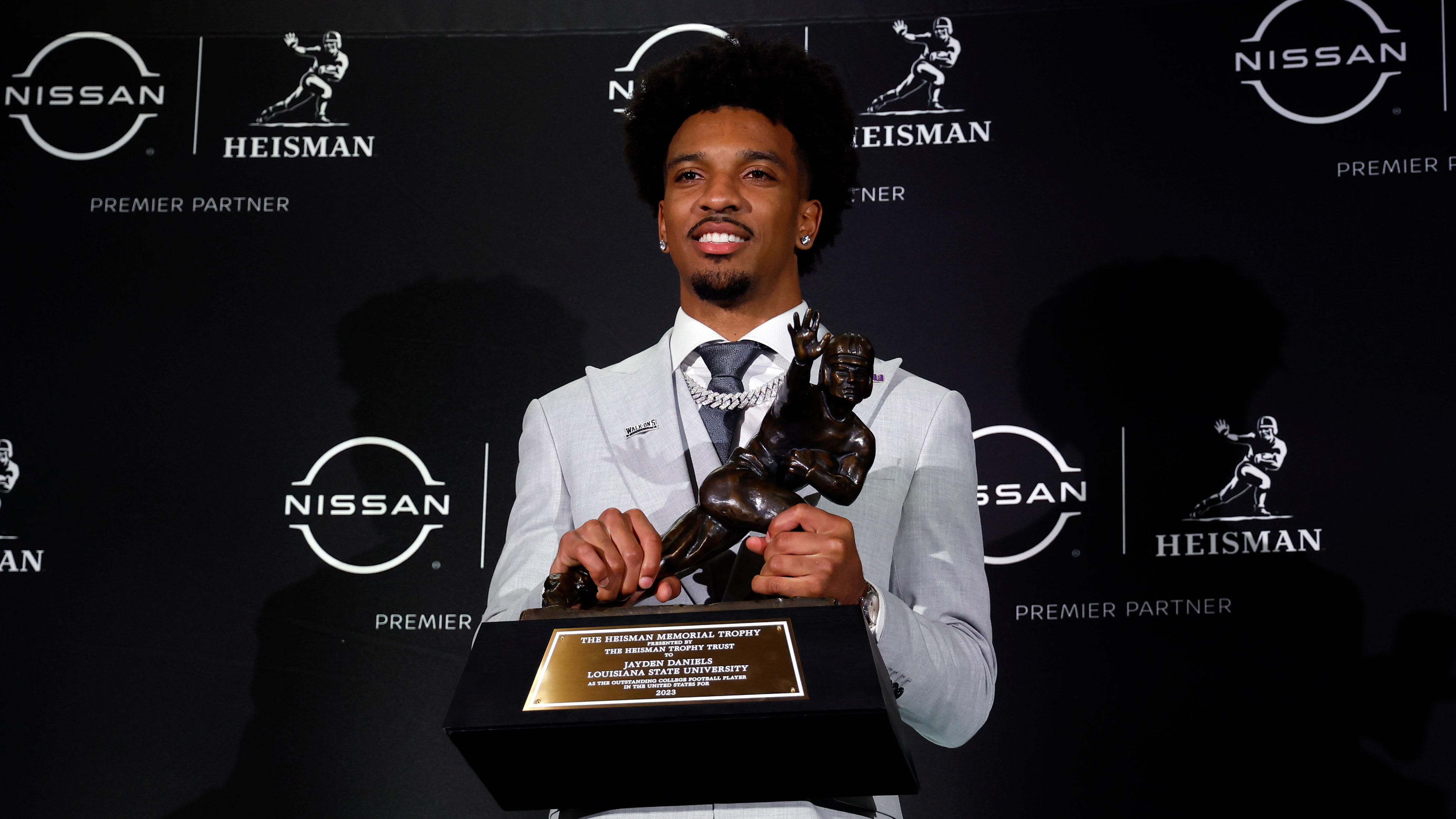A paralyzed man who blinked to identify the man who shot him helped convict the gunman in Prince George's County on Tuesday.
Jurors saw videotaped testimony of Melvin Pate, who could not speak after he was shot in November 2010. Paralyzed from the chest down, he blinked from his hospital bed at a photo of his shooter in a photo lineup, prosecutors said.
Jermaine Hailes was convicted with shooting Pate during a drug related-robbery. The gunshot could have killed Pate immediately, but it left him quadriplegic instead.
Once he was conscious, police wanted his help identifying who shot him. With a halo screwed into his skull to stabilize his spine, he could not speak, but he could blink.
"He was able to make an identification of Mr. Hales by blinking during a photo lineup that police showed him while he was in the hospital," John Erzen, spokesman for the Prince George's County State's Attorney's Office said.
"They told the victim to blink once hard if he recognized someone in the photos he was shown. So, it wasn’t the involuntary blink that we all do. It was truly a closing of his eyes and opening them and you could see the tears coming from the side of his eyes as he identified the man who was his killer," said prosecutor Christine Murphy.
Local
Washington, D.C., Maryland and Virginia local news, events and information
There were years of hearings and appeals about whether the video of him blinking would be admissible in court.
"The judge ruled that Pate was competent when he gave the photo ID, and the manner it was done was legal and would be admissible," Erzen said.
This marks the first time in Maryland history that a homicide victim's identification of their attacker is admissible in court.
"I’m just glad it’s over with. My son can rest in peace now," said the victim's mother, Felicia Pate. "My son had no chance at all. They can go see their son. I can’t see mine. Mine is at home in a box."
A man who said he planned the robbery with Hailes identified him in court Wednesday as the shooter. He said he did not want to appear in court, because he was afraid.
"What are you afraid of?" a prosecutor asked.
"Life after testimony and my well-being," the man replied.



